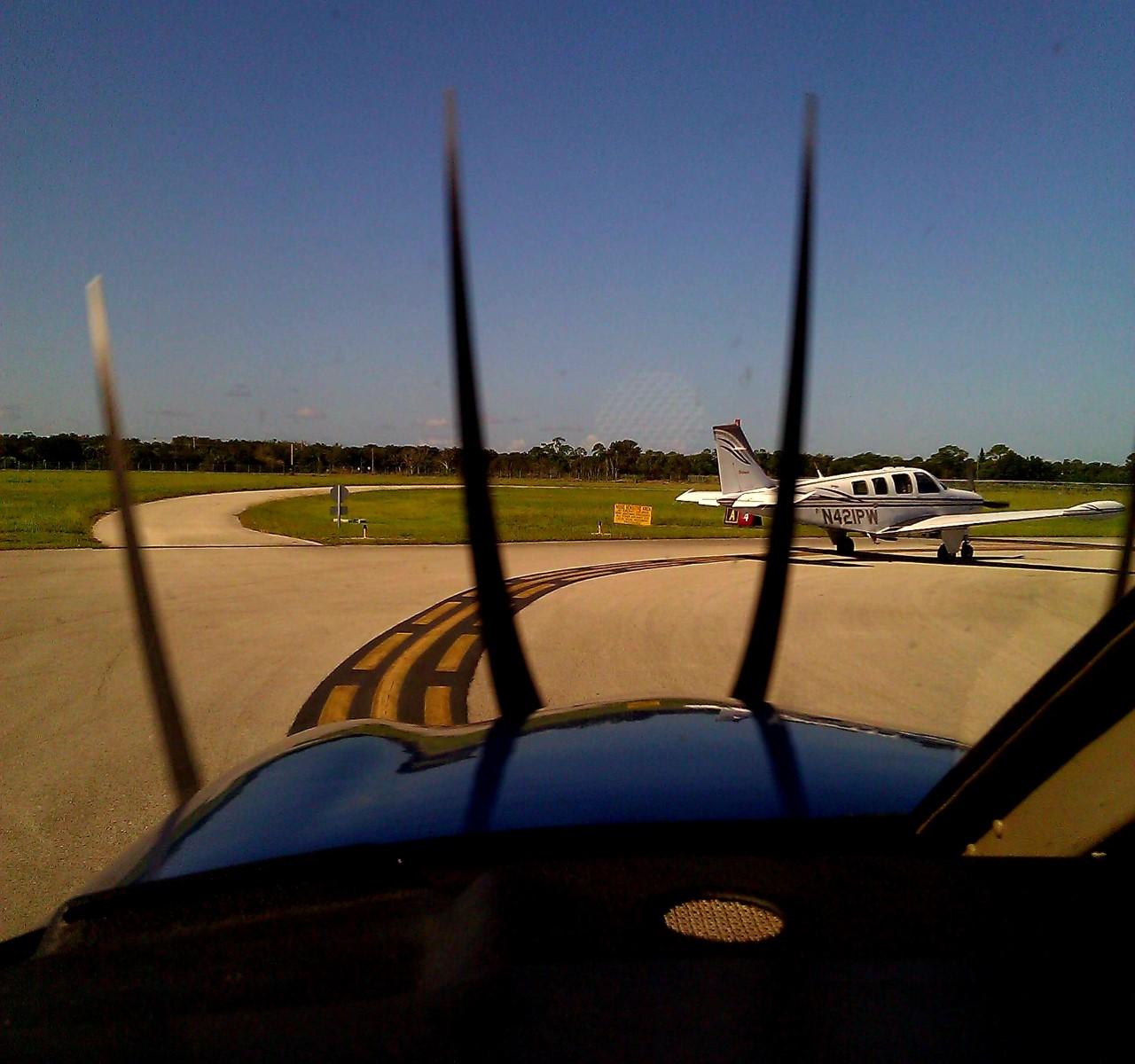
You’ve spent countless hours preparing, and the nerves kick in, even if it’s your one-hundredth time doing this. Love it or hate it, check rides will be a part of your ongoing aviation career and it’s completely normal for them to be a source of anxiety. Though there is no one-size-fits-all checklist for the various types of check rides out there, allow the following to serve as a supplement to help put the nerves at bay.
Paperwork and Logbooks
This item may apply more to pilots undergoing the early phases of flight training or those who are self-funding their endeavors. The good news is, at a certain point in one’s career, logbook totals, requirements and mandatory records are already in the system at most Part 142 training centers, taking the burden off this meticulous step. Until reaching that point, however, most foundational check rides usually mean the pilot is responsible for providing required the paperwork. This includes:
• Government-issued ID.
• Valid Medical Certificate
• Most recent pilot certification
• Copy of Integrated Airman Certification and Rating Application (IACRA) that is signed by the endorsing instructor. This is used as a backup in case the application can’t be submitted online.
• Logbook
Make sure all totals are tallied and requirements bookmarked on each page if the pilot has a paper logbook.
• Copy of FAA Written Exam Results
Include an endorsement from your instructor verifying that you have reviewed any incorrect answers.
• Aircraft Maintenance Logbook.
• Current FAR/AIM
Electronic copy will suffice.
• Charts for the assigned mock flight.
Will be disclosed by the examiner ahead of time. Electronic charts should work, but paper charts are good to have as a backup.
• Performance Calculations.
Assigned by the examiner beforehand.
Chair Fly
In the words of a famous guitar teacher, “Practice does not make perfect. Practice makes permanent, so practice perfectly.” For this reason, the value of chair flying cannot be stressed enough. It may not be as fun as practicing in a simulator or airplane, but it will make the time spent in either more beneficial. Many times, flying in a simulator or aircraft come with added variables that can affect your performance, such as background noise or a casual conversation with your instructor, corrupting the ability to practice as effectively as possible. In addition, we don’t usually have the same accessibility to a real cockpit as we do to a chair at home, so committing certain procedures to memory while chair flying makes procedures in the real world more automatic. Ingraining muscle memory will also help with the inevitable variables that will arise on a check ride, such as a gust of wind or an amended airport procedure, which can throw many applicants for a loop.
Study
This one may seem obvious, but certain things that are helpful to commit to memory include:
• Call-Outs
• Emergency checklists and procedures
• Aircraft Systems
A great way to learn and memorize aircraft systems is to have the ability to draw a basic version of it out on a piece of paper. Would you be able to do this? If not, do so with an instructor and commit it to memory.
Get A Good Night’s Sleep
The night before a check ride is not the time to cram more things into your overwhelmed head. At this point you’re ready, so do yourself a favor and get a good night’s sleep. Time after time it has been proven that getting sufficient sleep is more beneficial for test performance than cramming. At this point, you’ve been signed off by people who have full faith in you, therefore you should have the same faith in yourself.
Make Small Talk With The Evaluator
The evaluator is a human being, and he or she wants you to pass. It’s a good idea to humanize them to take the edge off with some small talk. In our heads, it’s easy to paint a picture of our evaluators being intimidating, greater-than-human creatures, but they’re not. They understand the position you’re in and the nerves that come with it.
Perfection Is Impossible. Don’t Dwell.
No flight is ever the same and a check ride is no exception. The training that has led up to this point considers that you will know what to do when something arises. That is what an examiner will be able to pick up on, no matter how memorized certain procedures or checklists are. If you do make a mistake, it’s OK and not the end of the world. Many times, mistakes made early in the ride cripple applicants for the remainder of the flight, leading to more mistakes that may lead to a bust. It’s easier said than done, but if you take the pressure of perfection off your plate, then the dwelling that could corrupt the rest of your ride can be lessened. Accept that mistakes are a part of life, and if one led to a bust, it’s not the end of the world, rather a learning experience.





